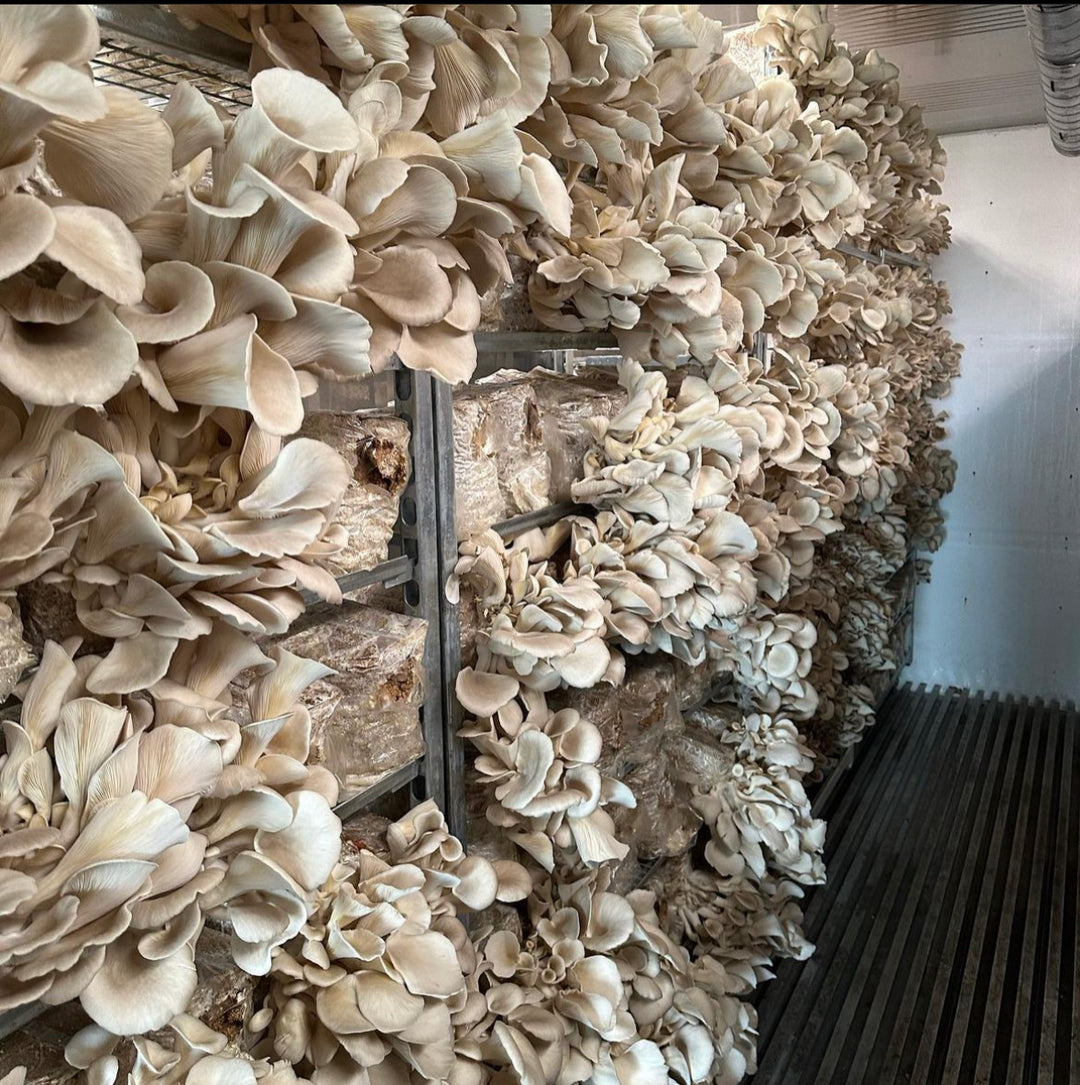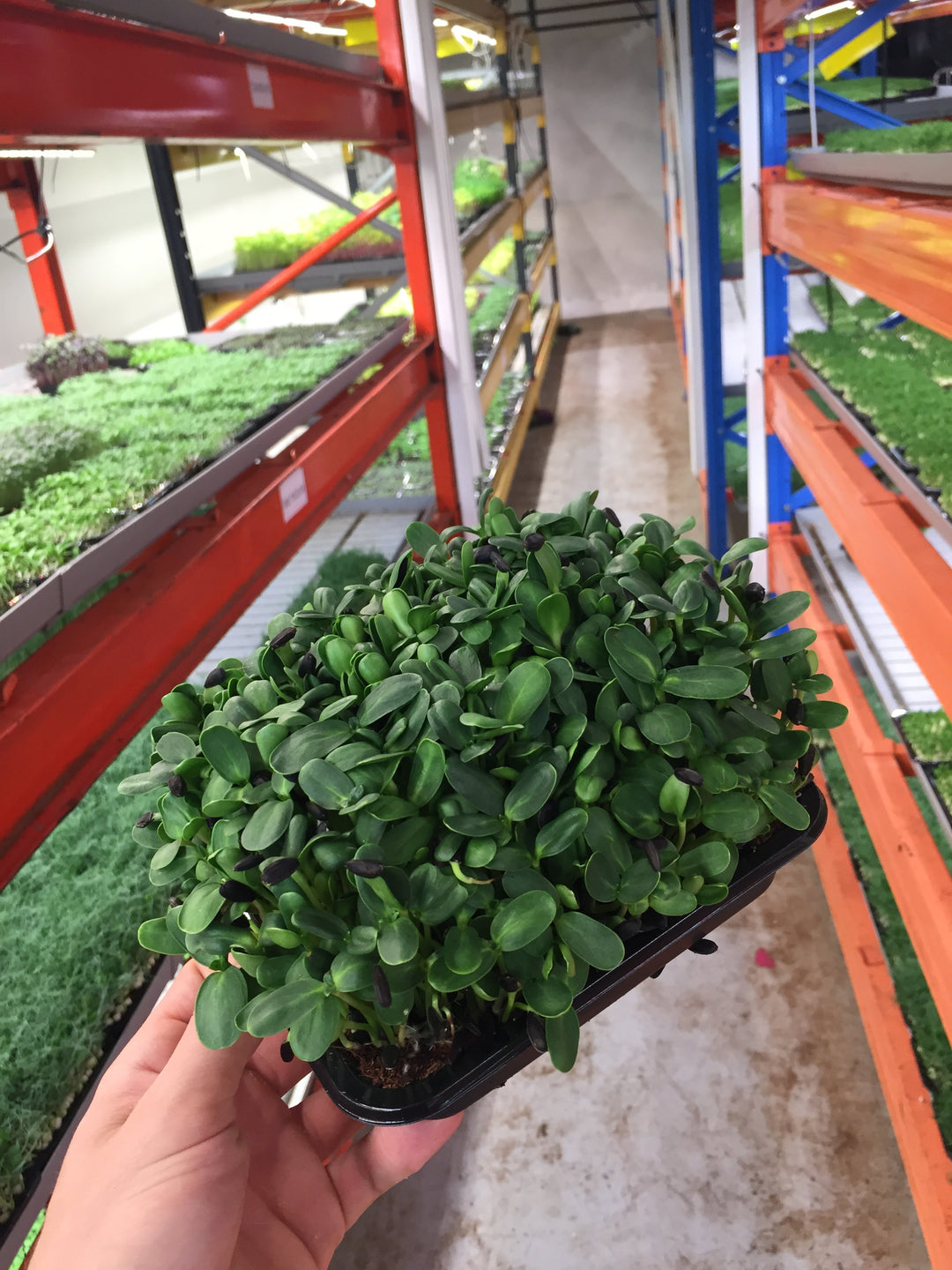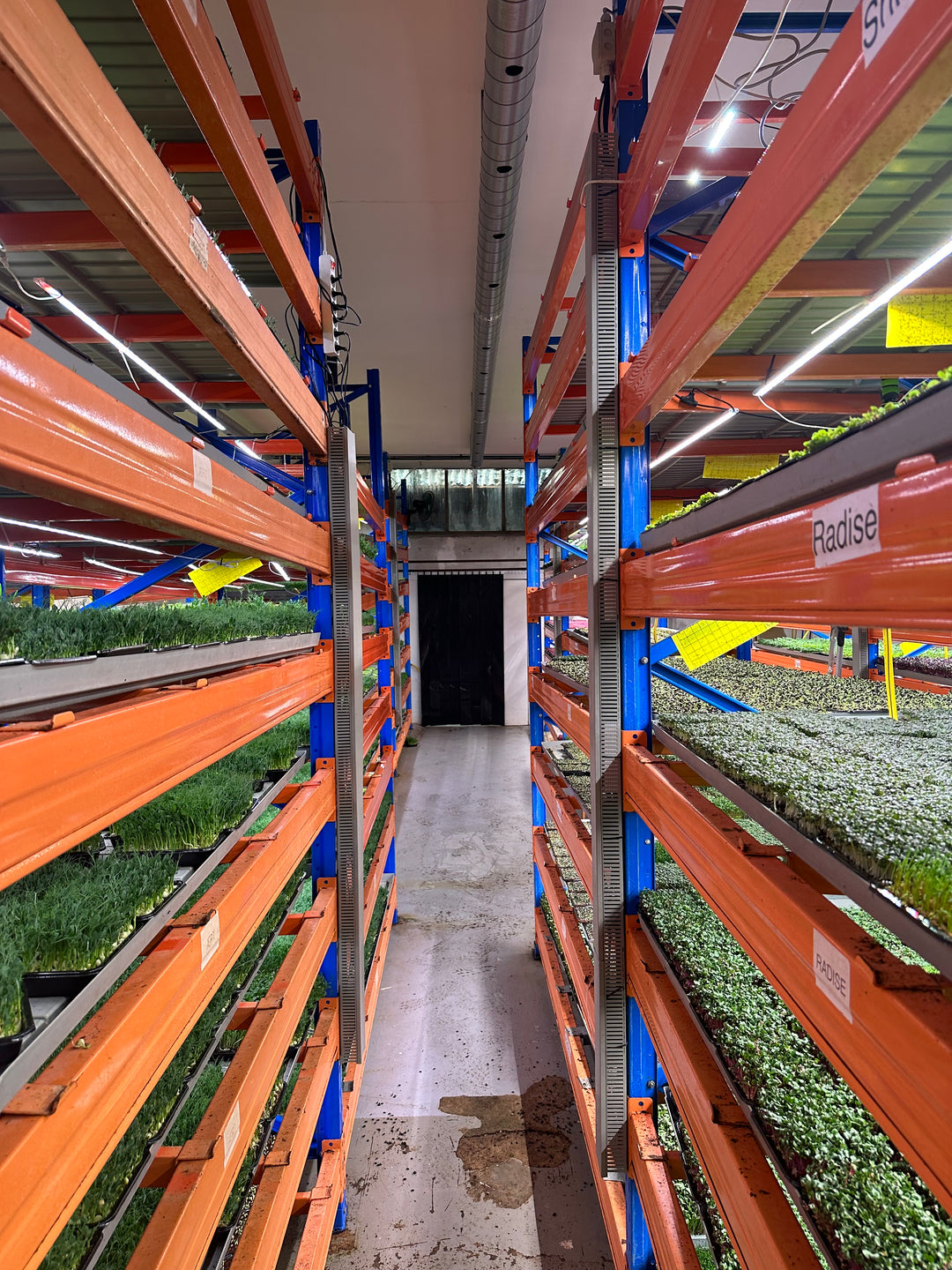Water Conservation in Indoor Farming

Water is a critical resource for agriculture, and indoor farming, while often touted as a water-efficient method, can still consume significant amounts of water. However, with careful planning and implementation of efficient strategies, indoor farmers can significantly reduce their water consumption.
Strategies for Water Conservation in Indoor Farming
1. Recirculation Systems:
Nutrient Film Technique (NFT): A thin film of nutrient solution flows continuously
over the plant roots, minimizing water loss.
Deep Flow Nutrient Culture (DFNC): Plants are grown in a flooded tank, and the
nutrient solution is recirculated, reducing water usage.
Aeroponics: Plants are grown with their roots suspended in the air and misted with a nutrient solution, significantly reducing water consumption.
2. Efficient Irrigation Systems:
Drip Irrigation: Delivers water directly to the root zone, minimizing water loss
through evaporation.
Soilless Substrates: Using substrates like coco coir or perlite that have better water-holding capacity and drainage properties can reduce water usage.
3. Water Quality Monitoring:
Regularly monitor the quality of the nutrient solution to ensure optimal nutrient
levels and avoid over-watering.
Use sensors to measure soil moisture levels and adjust irrigation accordingly.
4. Closed-Loop Systems:
Design indoor farming systems to capture and reuse wastewater, such as from plant runoff or humidifiers.
Implement water treatment processes to purify and reuse wastewater.
5. Plant Selection:
Choose plant varieties that are known for their water efficiency and tolerance to
drought conditions.
Consider the specific needs of different plants and adjust irrigation accordingly.
6. Environmental Controls:
Optimize temperature and humidity levels to reduce water loss through
transpiration.
Use energy-efficient equipment to minimize water consumption for cooling and
heating.
7. Data-Driven Decision Making:
Use data analytics to track water usage, identify areas for improvement, and make informed decisions about irrigation practices.
8. Public Awareness and Education:
Educate consumers about the importance of water conservation in indoor farming and encourage them to support sustainable practices.
By implementing these strategies, indoor farmers can significantly reduce their water consumption while maintaining high yields and quality. Water conservation is not only essential for environmental sustainability but also for the long-term viability of indoor farming as a viable food production method.


